
Soil health is the key to continual improvement in U.S. cotton. By improving soil health, the soil can do a better job of storing water and nutrients – making the crop more resilient to drought, reducing the amount of fertilizer needed, and reducing greenhouse gases emitted.
Cotton Incorporated and the University of Tennessee are doing their part to spread the word to more U.S. growers by creating a series of
videos to explain the benefits of soil health and cover crops to the cotton growing community. These videos give cotton producers suggestions on how to successfully integrate cover crops into their operation and minimize their environmental impact.
New
research from Texas A&M University also leads to further improvements in soil health. The new system applies phosphite, rather than phosphate, to cotton crops engineered to express a certain gene. The gene enables the cotton plant to efficiently process phosphite into nutrition, while suppressing weeds. Now, U.S. growers can use one product to feed plants and starve weeds.
Wrangler is one Cotton LEADS partner that supports U.S. growers’ efforts to improve soil health in a
variety of ways. In addition to launching their own sustainability goals in 2017, the brand most recently published
“Seeding Soil’s Potential,” an overview of 45 scientific reports concluding the practices of conservation tillage, cover crops and crop rotation result in greater crop resiliency and productivity, among a host of other benefits to the grower and the land.
 Soil health is the key to continual improvement in U.S. cotton. By improving soil health, the soil can do a better job of storing water and nutrients – making the crop more resilient to drought, reducing the amount of fertilizer needed, and reducing greenhouse gases emitted.
Cotton Incorporated and the University of Tennessee are doing their part to spread the word to more U.S. growers by creating a series of videos to explain the benefits of soil health and cover crops to the cotton growing community. These videos give cotton producers suggestions on how to successfully integrate cover crops into their operation and minimize their environmental impact.
New research from Texas A&M University also leads to further improvements in soil health. The new system applies phosphite, rather than phosphate, to cotton crops engineered to express a certain gene. The gene enables the cotton plant to efficiently process phosphite into nutrition, while suppressing weeds. Now, U.S. growers can use one product to feed plants and starve weeds.
Wrangler is one Cotton LEADS partner that supports U.S. growers’ efforts to improve soil health in a variety of ways. In addition to launching their own sustainability goals in 2017, the brand most recently published “Seeding Soil’s Potential,” an overview of 45 scientific reports concluding the practices of conservation tillage, cover crops and crop rotation result in greater crop resiliency and productivity, among a host of other benefits to the grower and the land.
Soil health is the key to continual improvement in U.S. cotton. By improving soil health, the soil can do a better job of storing water and nutrients – making the crop more resilient to drought, reducing the amount of fertilizer needed, and reducing greenhouse gases emitted.
Cotton Incorporated and the University of Tennessee are doing their part to spread the word to more U.S. growers by creating a series of videos to explain the benefits of soil health and cover crops to the cotton growing community. These videos give cotton producers suggestions on how to successfully integrate cover crops into their operation and minimize their environmental impact.
New research from Texas A&M University also leads to further improvements in soil health. The new system applies phosphite, rather than phosphate, to cotton crops engineered to express a certain gene. The gene enables the cotton plant to efficiently process phosphite into nutrition, while suppressing weeds. Now, U.S. growers can use one product to feed plants and starve weeds.
Wrangler is one Cotton LEADS partner that supports U.S. growers’ efforts to improve soil health in a variety of ways. In addition to launching their own sustainability goals in 2017, the brand most recently published “Seeding Soil’s Potential,” an overview of 45 scientific reports concluding the practices of conservation tillage, cover crops and crop rotation result in greater crop resiliency and productivity, among a host of other benefits to the grower and the land.


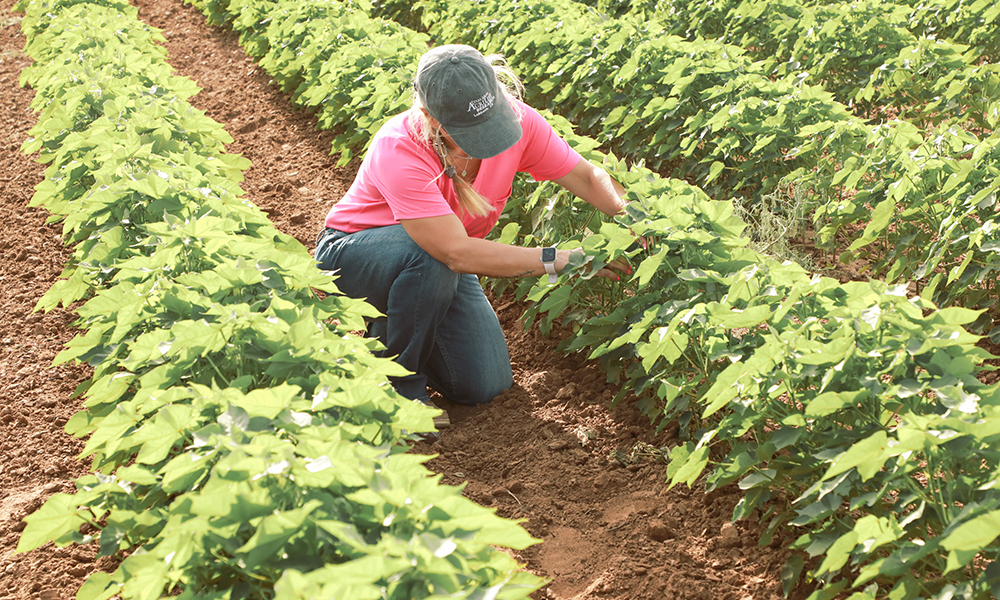
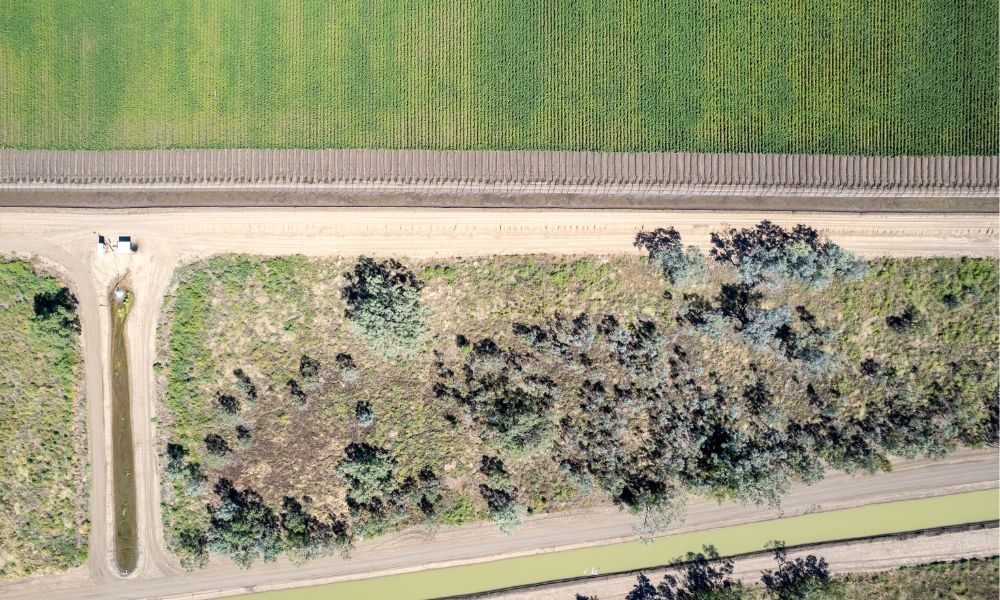
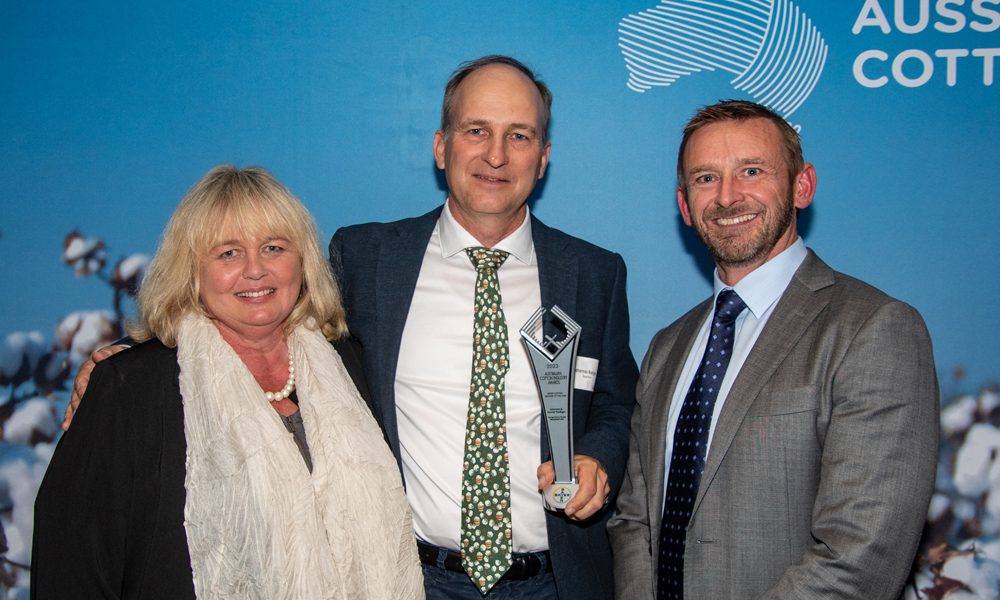

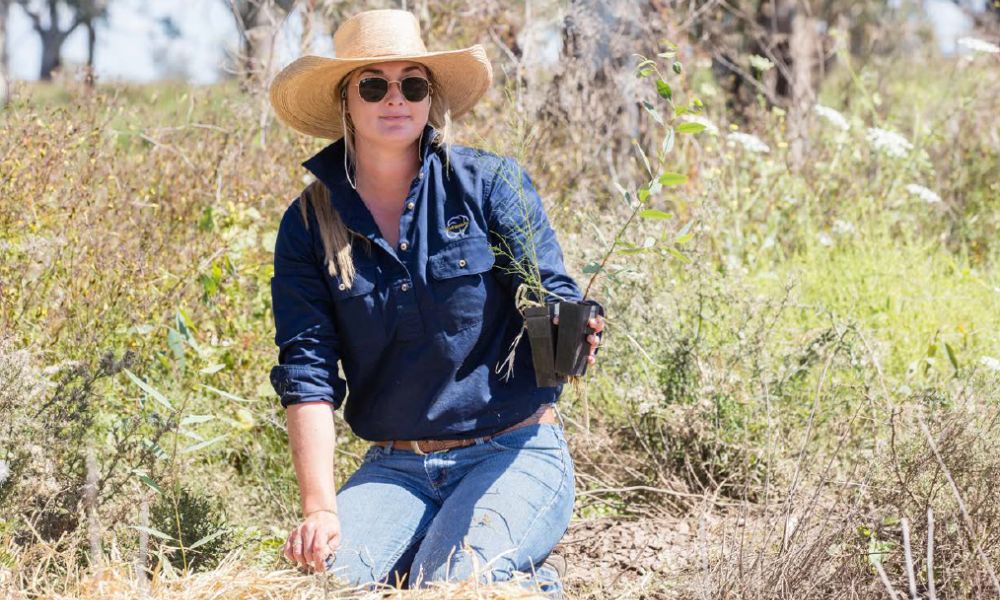
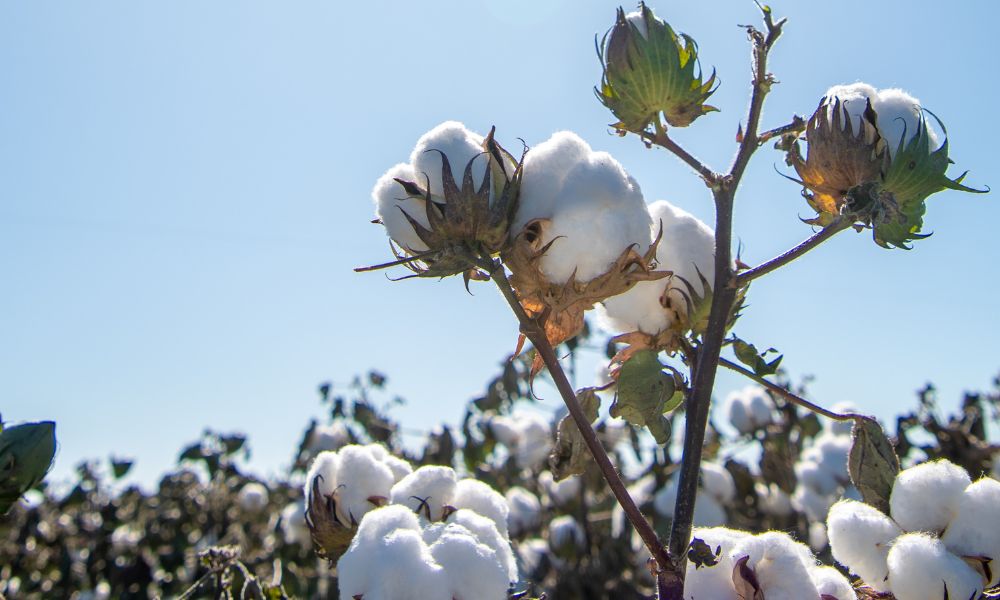

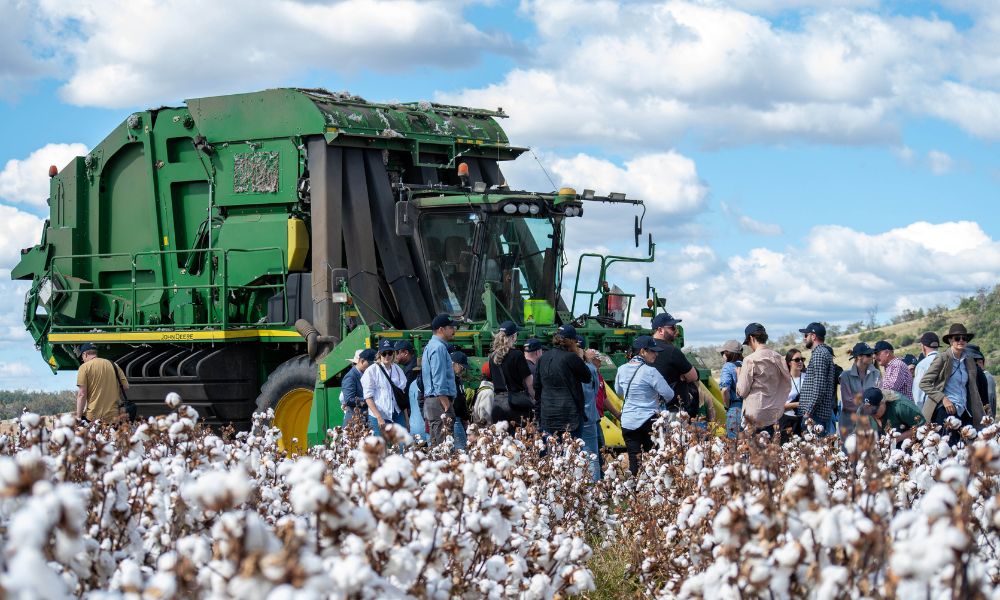
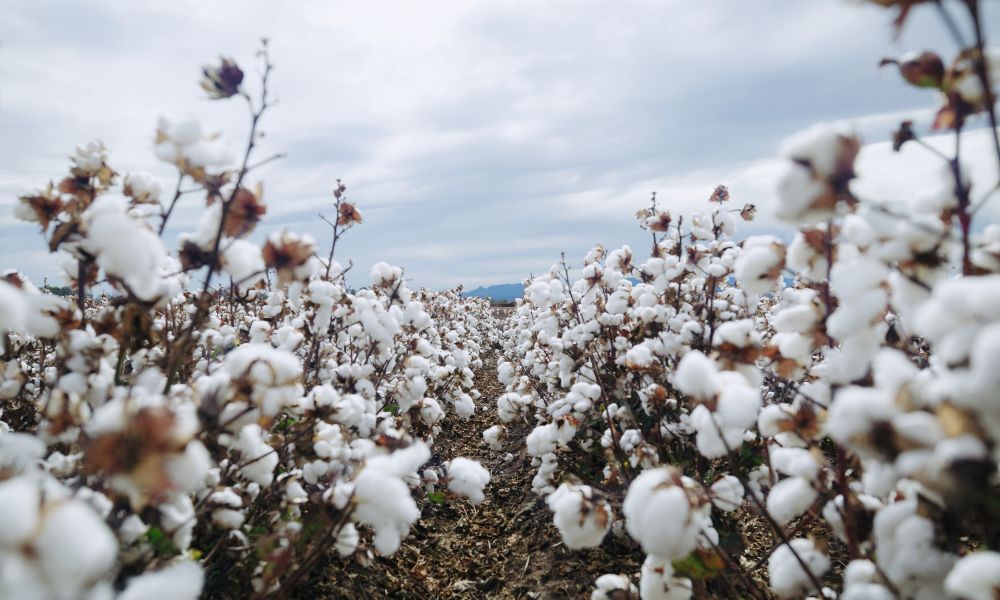
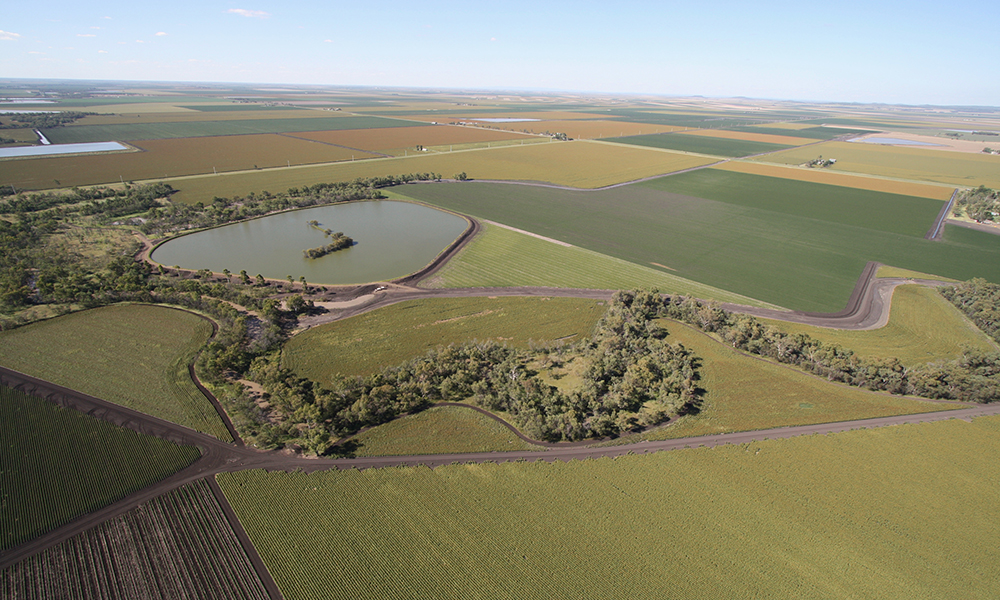
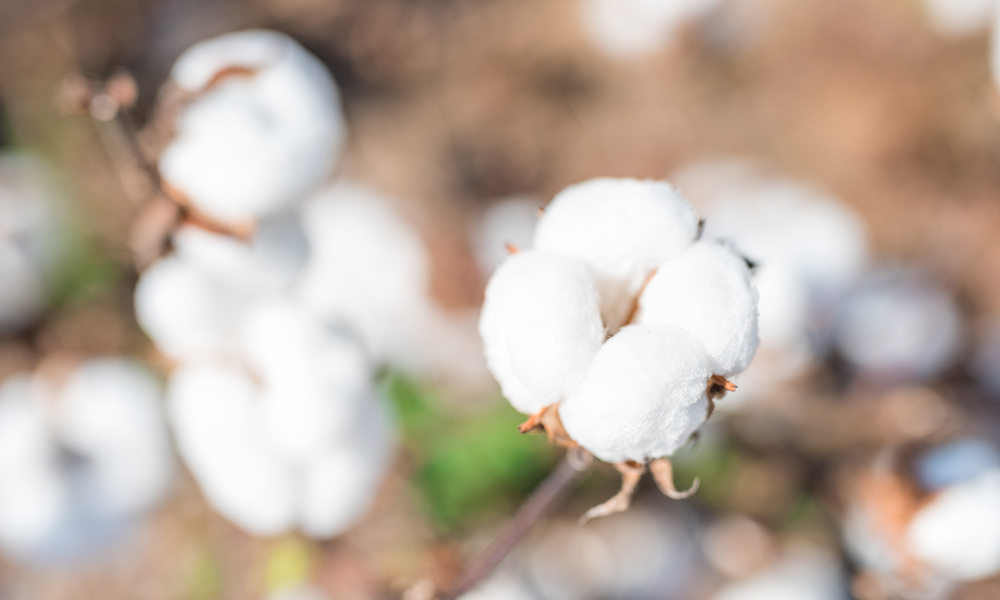

Recent Comments